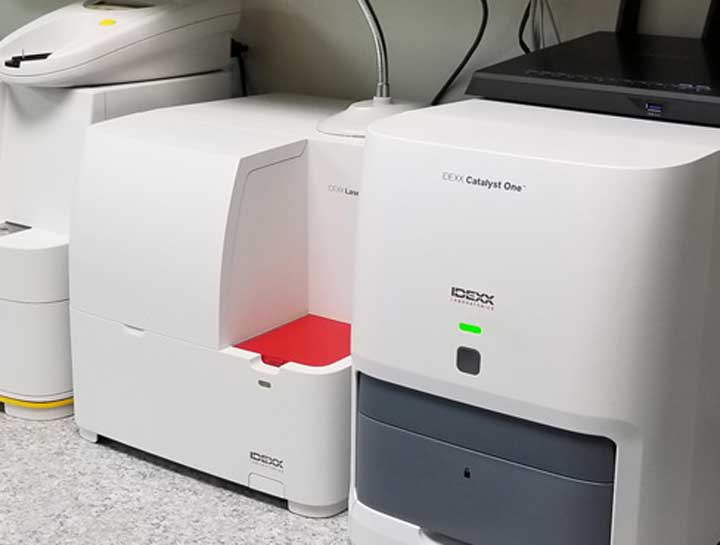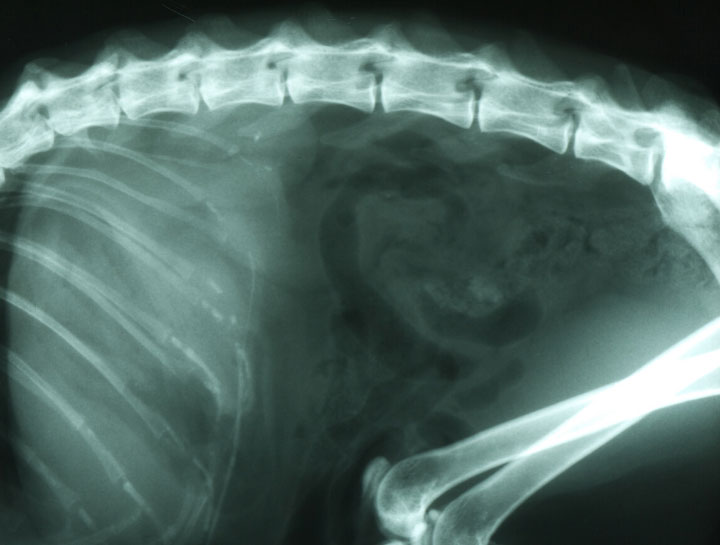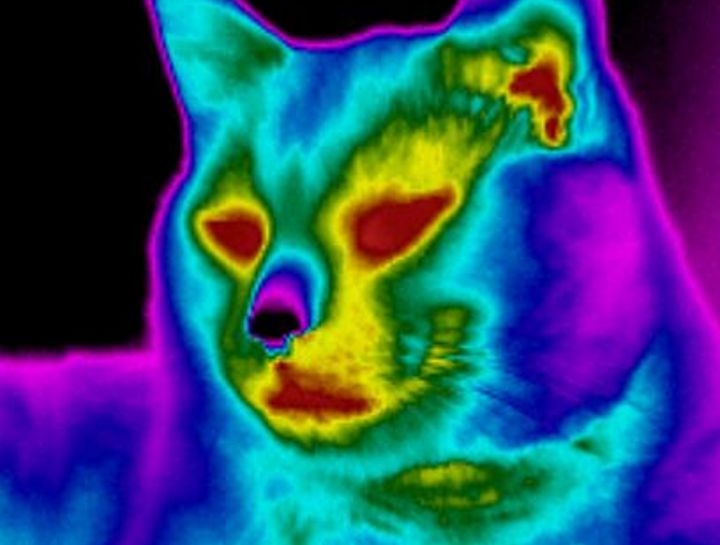Diagnostics
Treating sick and injured pets with diagnostics.
At Willow Park Animal Clinic, our goal is to keep your pet happy and healthy. Thanks to modern diagnostics and our on-site laboratory, we're able to do just that for sick and injured pets.
Our on-site laboratory testing services mean faster and more accurate diagnostics and treatments for your pet. With the shared goal of successful recovery, our team of experienced veterinarians works together to return your pet to good health.
Learn more about our diagnostic services here:

Pet Digital Radiology
Digital x-rays assist in diagnosing illness & injury.
Thermal Imaging
Early detection of areas of inflammation and other health issues.


